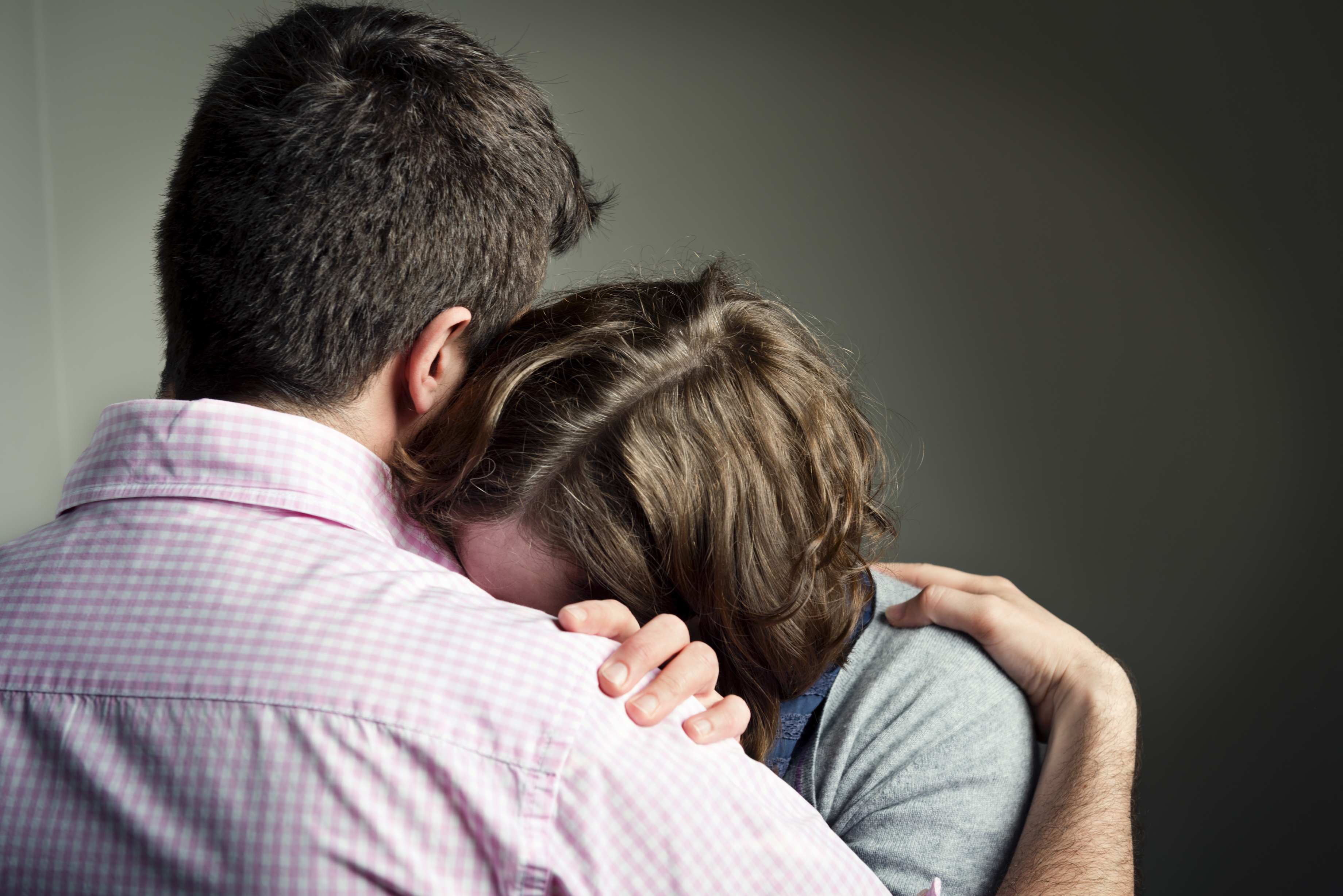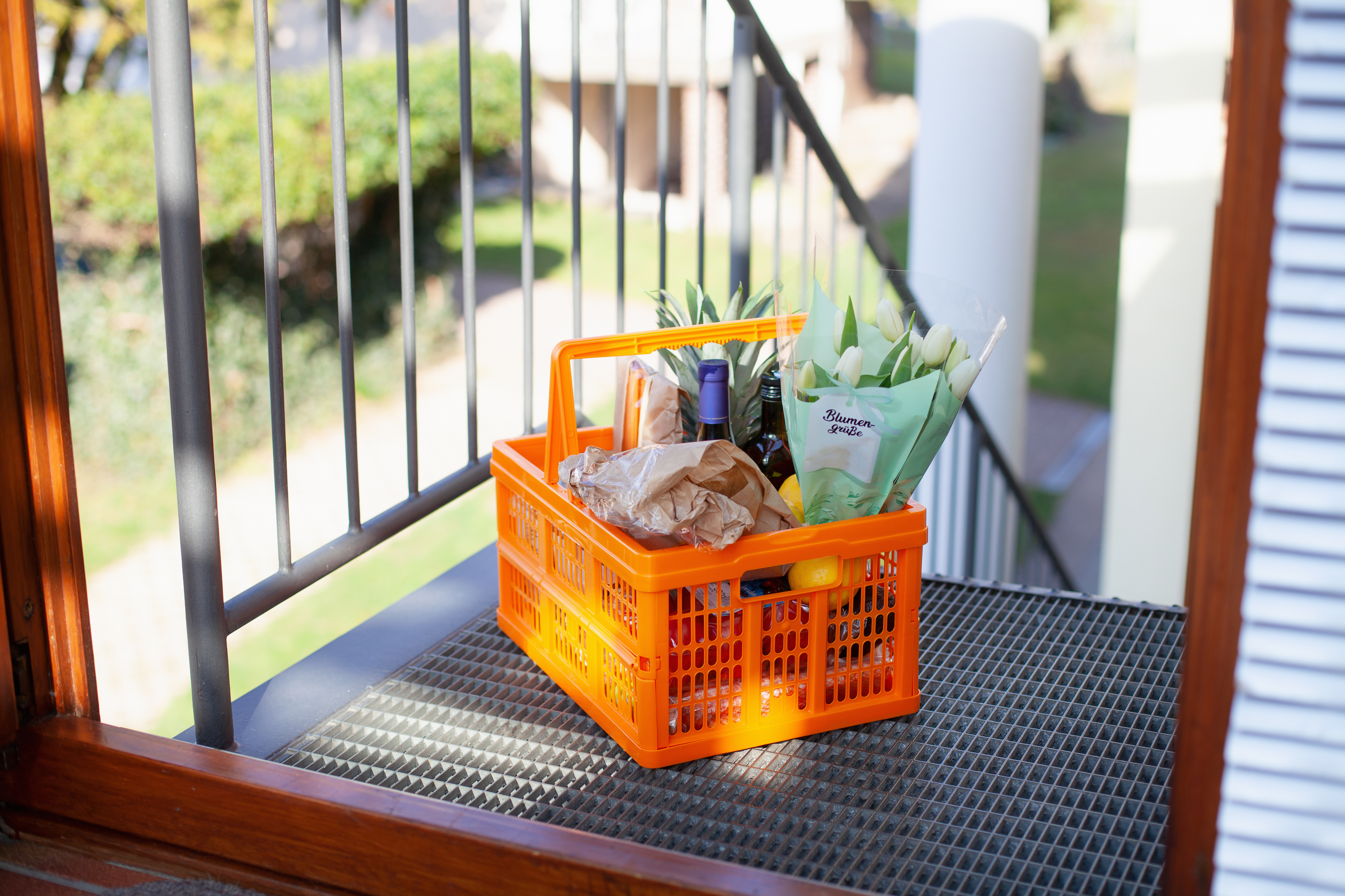
Health & Medicine
Grasping COVID-19’s long neurological tail

Miscarriage is one of the most common pregnancy complications, occurring in about one in four pregnancies, yet it is rarely talked about in society
Published 13 October 2020
Earlier this month US model, celebrity and cook book author Chrissy Teigen bravely posted news of her miscarriage on social media, showing the pain and anguish she and her partner experienced at the loss of their baby Jack.
In sharing their loss, Teigen pulled back the curtain on the emotional toll that thousands of Australian women and men experience each year. Around one in four pregnancies end in miscarriage.

This emotional pain following miscarriage is real, but it often goes unacknowledged.
Research has repeatedly shown that miscarriage can significantly impact mental health and lead to conditions such as anxiety, depression and post-traumatic stress disorder (PTSD). These can linger for months or even years.
October 15 marks International Pregnancy and Infant Loss Remembrance Day. The day acknowledges and raises awareness for the loss that parents experience, while doubling as an opportunity to re-examine just how well we are supporting women and partners in their bereavement.

Health & Medicine
Grasping COVID-19’s long neurological tail
Supporting those who have been affected by miscarriage is vital. And yet research (see here and here) continues to show that women and their partners feel a lack of support around them, leaving them alone and isolated in their grief.
As one of our research participants – a 42-year-old woman who has experienced three miscarriages – told us recently in a yet to be published study:
“There’s basically no support. Once it’s over, once you’re released from the hospital, you’re left to deal with it on your own, however you choose to deal with it.”
Support can come from a range of sources, from our personal social networks to the health professionals involved in miscarriage care.

Support from partners, family and friends is most valuable, but can be disappointing. Acknowledging the loss, listening, offering help with meals or childcare are just some of things appreciated the most by bereaved parents. But a lack of empathy or acknowledgement – often in the form of insensitive comments – can be very distressing and hurtful.
Participants in previous studies have pointed out that there are many societal factors at play that can bind and constrict conversations around miscarriage.
These include the “rule” of not disclosing a pregnancy until after 12 weeks gestation – which can mean if people didn’t know about the pregnancy they aren’t there to offer support when it is lost – as well as feelings of stigma and shame following pregnancy loss.

Health & Medicine
Tackling misconceptions about ovarian cancer
These only serve to stand in the way of people seeking and accessing the support they want and need.
For male partners, studies have found that social support is often even more scant, with the focus predominantly on female partners’ wellbeing. Men can also struggle with a perceived need for them to be stoic.
Both women and men have called for the need for more awareness and acknowledgement of miscarriage as a loss.
As another of our participants – a 36-year-old woman who has experienced three miscarriages – told us:
“If more people are hearing stories and seeing people sharing their stories they will, (and) it will become less taboo. It’ll become less, oh, we don’t talk about these things. Well, we should talk about these things. It’s a big part of being a mother. And, yeah, it needs to be talked about so women don’t feel like they have to be so alone in their desire to want to talk about it.”

Ultimately, talking about miscarriage and having more open conversations is a key part of improving support around miscarriage.
Stories such as Chrissy Teigen’s certainly help to break down the stigma and barriers. Conversations around miscarriage are changing, but we still have a long way to go.

Health & Medicine
More than a high BMI, an ‘obese heart’ is a silent risk
Here are some suggestions of do’s and don’ts when supporting family and friends who have experienced a miscarriage:
Do:
1) Acknowledge their loss: You may worry that you will say the wrong thing but saying nothing at all is worse – it can make women feel you don’t care or think their loss was insignificant. All you need to say is: “I’m sorry about your miscarriage.”
2) Listen and let them grieve: Many women need to talk about their experience. Ask them how they are. Some women find it really helpful to talk about how they are feeling, others may not be ready, but will appreciate you asking.
3) Encourage them to talk to other women who’ve had a miscarriage: It’s often only when women start to talk about their miscarriage, that they find out others around them have experienced miscarriage too. Knowing they’re not alone and that others understand how they are feeling can be really helpful.

4) Offer practical support: Drop off a meal or help with childcare. Gifts and flowers show you care and acknowledge their loss.
5) End the silence around miscarriage: Women want miscarriage talked about more openly so they don’t feel so alone.
Don’t:
1) Avoid clichéd comments: While well intended, comments like “it wasn’t meant to be” or “it’s so common” can be hurtful and dismissive of their loss.

Health & Medicine
Shaping the brain: Before, during and after birth
2) Avoid blaming and offering unsolicited advice: Be sensitive and empathetic; don’t offer advice that could make a woman feel she is to blame.
3) Recognise grief doesn’t have a time limit: Women’s levels of grief aren’t contingent on how many weeks pregnant they were – their baby has died. It’s OK for them to work through their grief in their own time.
And if you have experienced a miscarriage, we are sorry for your loss.
There are several support organisations that provide much-needed support and care for women and partners who have experienced pregnancy loss. They can offer online support groups, phone lines, written resources and more. Organisations include Pink Elephants, Bears of Hope, and Sands.
For further support, Medicare covers up to three pregnancy counselling sessions with a psychologist through referral from a GP that can be used after a pregnancy loss.
Dr Jade Bilardi and Professor Meredith Temple-Smith lead Miscarriage Australia, a research program founded in 2015 that aims to investigate how we can best support those affected by miscarriage and the healthcare professionals who care for them. Keep up with their latest updates here.
We would like to acknowledge all participants in our studies for their kindness and generosity in sharing their stories with us, without which this work isn’t possible.
Banner: Getty Images